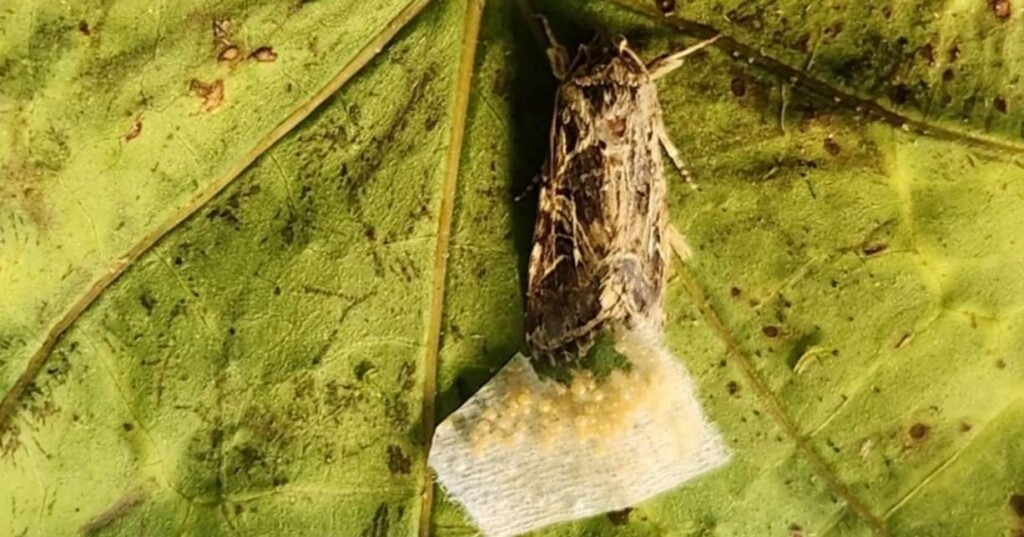
Scientists have found that plants make a series of sounds that indicate they are under duress, and that certain animals have evolved to hear these and react to them.
Described as a “vast, unexplored field,” the phytoacoustics are inaudible to the human hear, but adjusted to frequencies that we can hear, the sounds are not unlike the popping of corn in a pan.
A genus of moths is known to lay its eggs on the leaves of the tomato vine so that the larvae have a ready food source when they emerge. Scientists at Tel Aviv University performed a series of trials to see if these moths would lay their eggs on plants which were sounding off that they were dehydrated or stressed in some way.
The hypothesis would be that if moths could hear the sound, they may choose to avoid laying their eggs on the ‘screaming’ plants, as a stressed plant would produce fewer or inferior tomatoes, resulting in weaker, less-nourished larvae.
The result was exactly that. When controlled for visual indicators on the leaves and fruit, moths reliably chose to lay eggs on the silent plants over the sounding ones.
“This is the first demonstration ever of an animal responding to sounds produced by a plant,” said Professor Yossi Yovel of Tel Aviv University who co-led the project. “This is a vast, unexplored field—an entire world waiting to be discovered.”
Dr. Yovel has made other foundational discoveries in plant signaling, including that stressed plants emit airborne sounds that can be recorded from a distance and classified, and another that showed plants ‘hear’ the sounds of pollinators nearby and rapidly increase the sugar concentration in their nectar.
On the back of this most recent paper, he plans to extend his research to make a catalogue of sounds from different plants, and begin to see how many, if any, animals are reacting to them.
“This is speculation at this stage, but it could be that all sorts of animals will make decisions based on the sounds they hear from plants, such as whether to pollinate or hide inside them or eat the plant,” said Dr. Yovel according to the BBC.
THE PLANT-POLLINATOR RELATIONSHIP: Bees Actually Bite Plants to Make Them Flower Early – Surprising Scientists
With all this talk about screaming plants and listening plants, the authors stressed that plants are not sentient as we understand it. The sounds are made by changes in the physical structure of leaves, not by compression and manipulation of air, the beating of extremities against other body parts, or any other vocalizations that we know of in the animal kingdom.
Others are slightly more convinced, however, such as forester and author Peter Wohlleben, who is eager to see when scientists can devise a computer which detects through pheromones what trees are ‘talking’ about. His work indicates this is a primary means of tree communication.
MORE PLANT AWARENESS STORIES: Plants Respond to Touch Sending Different Signals Through Their Cells, Shows New Study
Whether or not science is on the cusp of elaborating plant ‘intelligence,’ it’s undeniable that there is a virtually universal plant ‘awareness’ which if we’re honest, isn’t always an inferior quality to intelligence.
BBC was able to receive some of the recorded sounds of the plants, which can be listened to on their website.
SHARE The Depths Of Plant Awareness With Your Friends…
